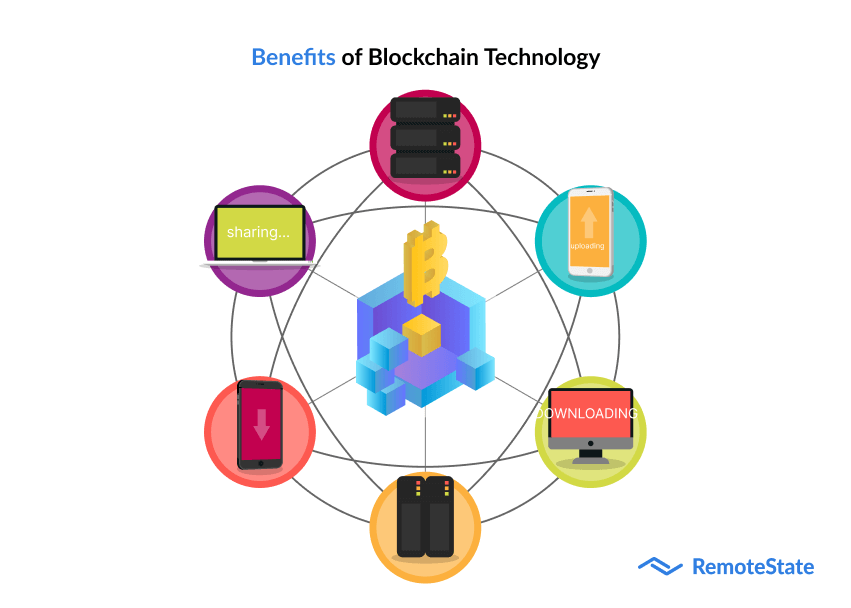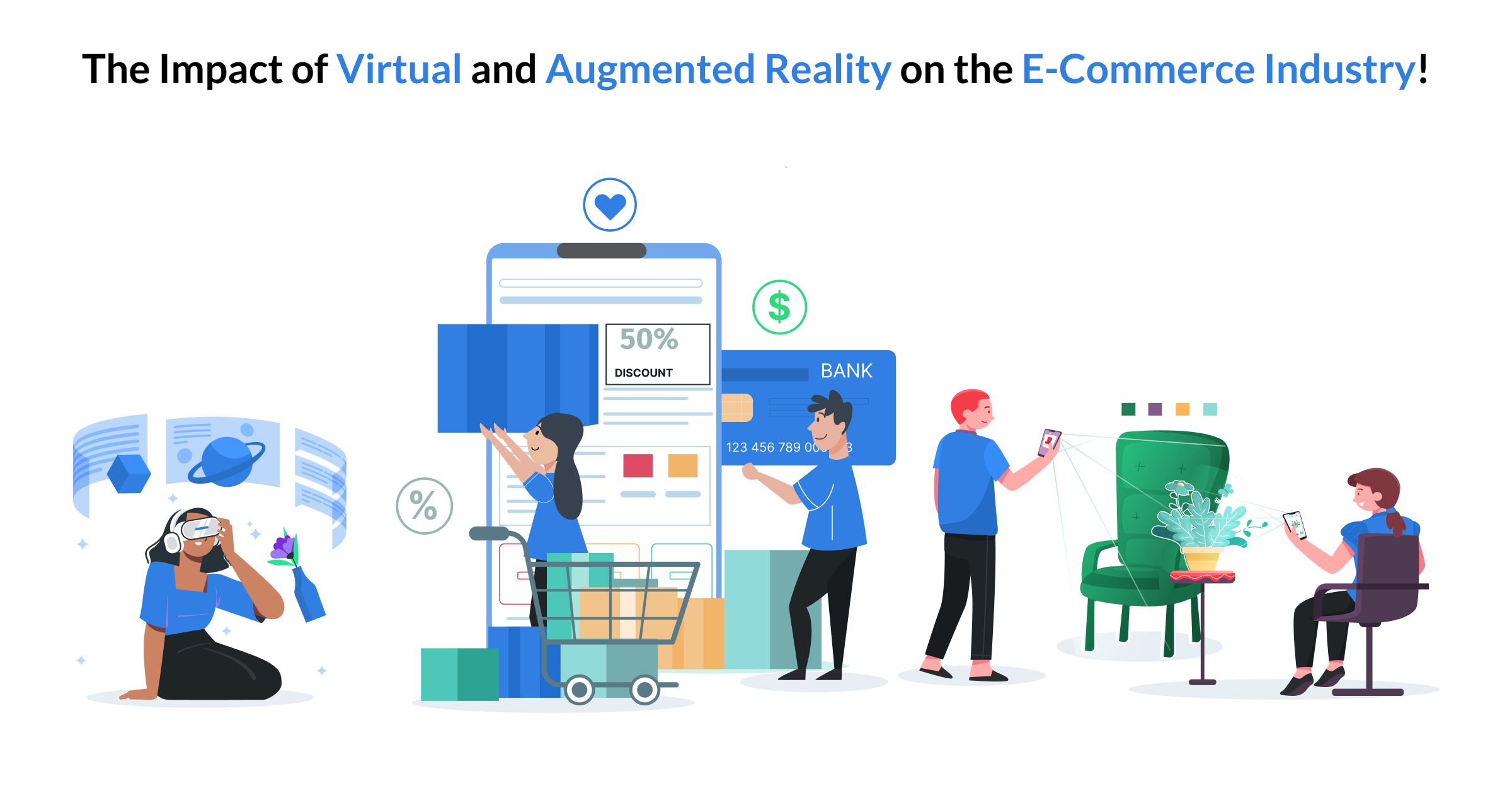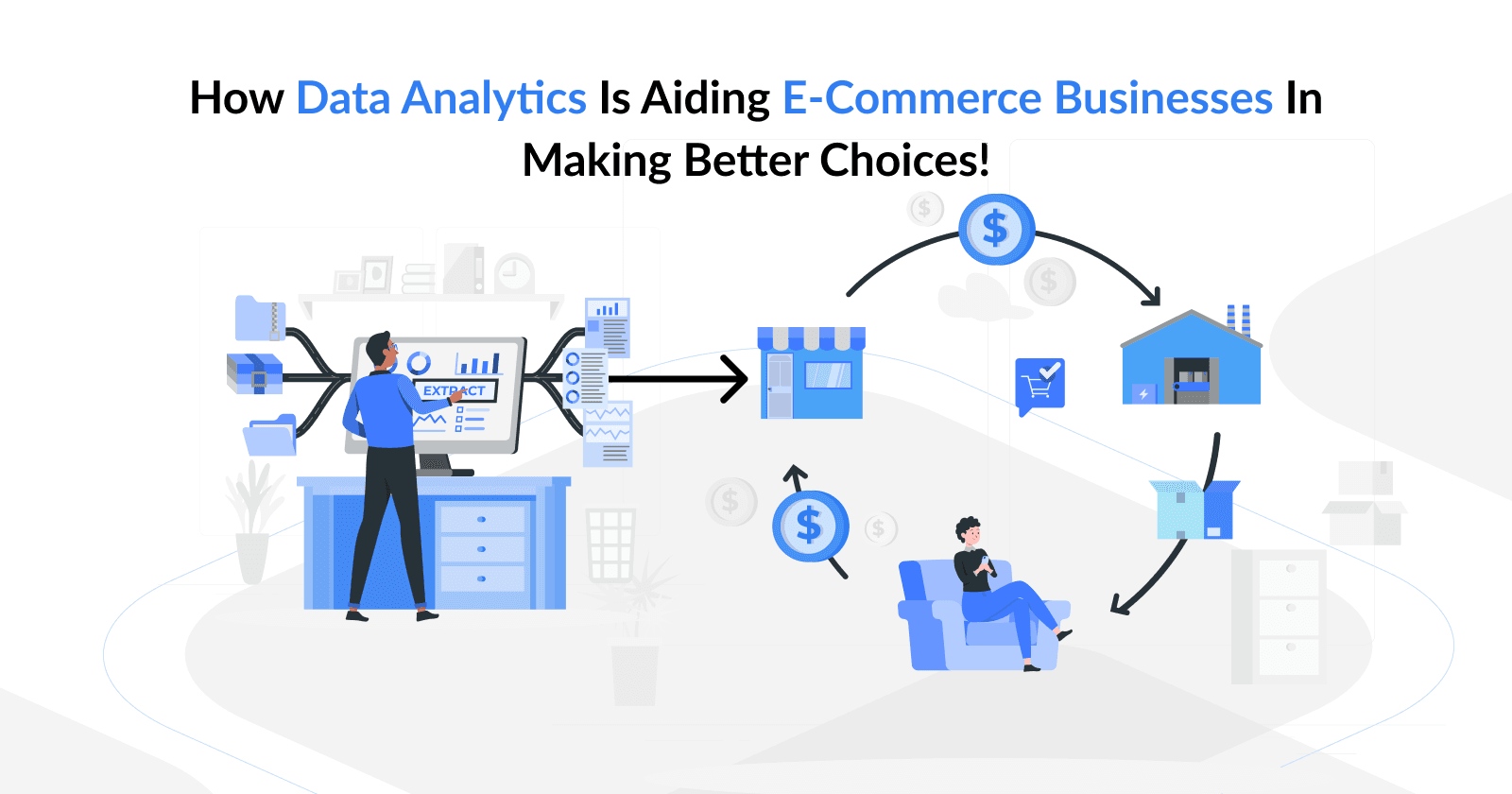Introduction
In today's digital age, the internet has become an integral part of our lives. With the increase in online activities, there has been a surge in cybercrime as well.
In today's digital age, the internet has become an integral part of our lives. With the increase in online activities, there has been a surge in cybercrime as well.
Cybersecurity is a major concern for individuals, businesses, and governments alike. Blockchain technology has emerged as a potential solution to address cybersecurity concerns. In this blog post, we will explore the role of blockchain technology in securing online activities.
What is Blockchain Technology?
Blockchain technology is a distributed ledger technology that allows data to be stored and transferred securely and transparently without the need for intermediaries. In simple terms, a blockchain is a decentralized database that is maintained by a network of computers.
Each computer in the network has a copy of the database, and any changes made to the database are reflected across all the computers in the network.
The data stored in a blockchain is stored in blocks, and each block is linked to the previous block, forming a chain of blocks. Hence the name blockchain.
This linking of blocks ensures that the data stored in the blockchain is tamper-proof and cannot be altered without the consensus of the network.
Benefits of Blockchain Technology in Securing Online Activities

Decentralization
One of the biggest benefits of blockchain technology is its decentralized nature. Since there is no central authority controlling the blockchain network, there is no single point of failure. This means that even if one computer in the network is compromised, the rest of the network will continue to function normally, ensuring the security of the data stored in the blockchain.
Immutability
The data stored in a blockchain is immutable, meaning it cannot be altered or deleted without the consensus of the network. This makes it impossible for anyone to tamper with the data stored in the blockchain, making it an ideal solution for storing sensitive information.
Transparency
The blockchain is a transparent technology, meaning that all the transactions that occur on the network are visible to everyone in the network. This transparency ensures accountability and makes it difficult for anyone to engage in fraudulent activities.
Security
Blockchain technology uses cryptographic algorithms to secure the data stored in the blockchain. This ensures that the data stored in the blockchain is secure and cannot be accessed by unauthorized users.
Efficiency
Blockchain technology is highly efficient, and transactions can be processed in real-time, making it an ideal solution for applications that require high-speed transactions.
Challenges and Opportunities of Blockchain Technology in Securing Online Activities
Scalability
The current blockchain technology is not scalable, and the number of transactions that can be processed per second is limited. This makes it challenging to use blockchain technology for applications that require high-speed transactions.
Regulation
The lack of regulation in the blockchain industry has been a major challenge for the adoption of blockchain technology. Governments and regulatory bodies are still grappling with how to regulate blockchain technology, which has resulted in a lack of clarity and uncertainty.
Integration
The integration of blockchain technology with existing systems and processes can be a challenging task. The lack of standardization and interoperability of blockchain technology makes it difficult to integrate with existing systems.
Adoption
The adoption of blockchain technology has been slow due to the lack of awareness and understanding of the technology. Many businesses and individuals are still unaware of the potential benefits of blockchain technology, which has resulted in a slow adoption rate.
Opportunities
Despite the challenges, there are numerous opportunities for blockchain technology in securing online activities. Blockchain technology can be used for secure data storage, identity management, supply chain management, and many other applications.
Conclusion
Blockchain technology has the potential to revolutionize the way we secure online activities. Its decentralized nature, immutability, transparency, security, and efficiency make it an ideal solution for applications that require secure and transparent transactions.
However, the challenges of scalability, regulation, integration, and adoption must be addressed to fully realize the potential of blockchain technology.
Despite the challenges, blockchain technology is gaining traction in various industries. For example, the finance industry is exploring the use of blockchain technology for secure and efficient cross-border payments.
The healthcare industry is looking at blockchain technology for the secure storage and sharing of patient data. The supply chain industry is exploring the use of blockchain technology for tracking and tracing products from the point of origin to the end consumer.
The potential applications of blockchain technology are vast, and as the technology continues to evolve, we can expect to see more innovative use cases.
"Secure Your Online Activities with Remotestate's Expertise in Blockchain Technology"
Remotestate can play a significant role in helping businesses implement blockchain technology to secure their online activities. Remotestate can help businesses in the following ways:
Consultation and Strategy Development
Remotestate can provide consultation services to help businesses understand the potential benefits of blockchain technology and how it can be implemented to address their specific cybersecurity concerns. Remotestate can also develop a comprehensive strategy for implementing blockchain technology cost-effectively and efficiently.
Blockchain Development
Remotestate has a team of experienced blockchain developers who can design and develop custom blockchain solutions tailored to the specific needs of businesses. This includes developing smart contracts, decentralized applications, and other blockchain-based solutions.
Integration with Existing Systems
Remotestate can help businesses seamlessly integrate blockchain technology with their existing systems and processes. This includes integrating blockchain technology with existing databases, applications, and other systems to ensure a smooth transition.
Training and Support
Remotestate can provide training and support services to help businesses understand how to use and maintain their blockchain solutions. This includes providing training on how to interact with smart contracts and other blockchain-based applications.
By partnering with Remotestate, businesses can leverage the expertise of experienced blockchain developers to implement secure and efficient blockchain solutions. Remotestate can help businesses achieve increased security and transparency in their online activities, while also reducing the risk of cyberattacks and data breaches.
Overall, blockchain technology has the potential to revolutionize online security, and Remotestate is well-positioned to help businesses take advantage of this emerging technology. With the right strategy, development, integration, and support, businesses can realize the full potential of blockchain technology and secure their online activities.
FAQ's
What is the difference between blockchain and traditional databases?
Traditional databases are centralized, meaning they are controlled by a central authority. The data stored in traditional databases can be altered or deleted by the central authority. Blockchain, on the other hand, is a decentralized technology that is not controlled by any central authority. The data stored in a blockchain is immutable, meaning it cannot be altered or deleted without the consensus of the network.
Can blockchain technology be hacked?
While it is technically possible to hack a blockchain network, the decentralized nature of the network makes it extremely difficult. Each computer in the network has a copy of the database, and any changes made to the database are reflected across all the computers in the network. This means that a hacker would need to compromise a majority of the computers in the network to alter the data stored in the blockchain.
Is blockchain technology only useful for cryptocurrencies?
While blockchain technology is often associated with cryptocurrencies, its potential applications go far beyond cryptocurrencies. Blockchain technology can be used for secure data storage, identity management, supply chain management, and many other applications.
Is blockchain technology expensive?
The cost of implementing blockchain technology varies depending on the application. While the initial cost of implementing blockchain technology may be high, the long-term benefits of increased security and efficiency can outweigh the initial cost.
Is blockchain technology regulated?
The regulation of blockchain technology varies by country. While some countries have embraced blockchain technology and have implemented favorable regulations, others have been slow to adopt the technology and are still grappling with how to regulate it.
Publication Date
2023-03-31
Category
E-Commerce
Author Name
Rahul Agrawal


